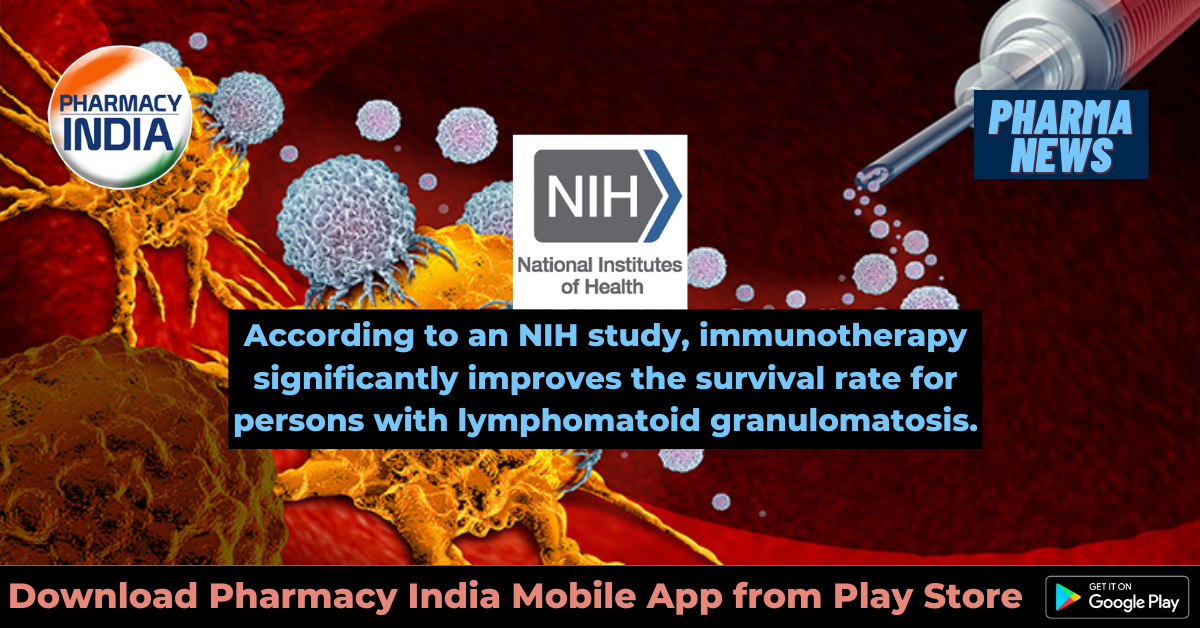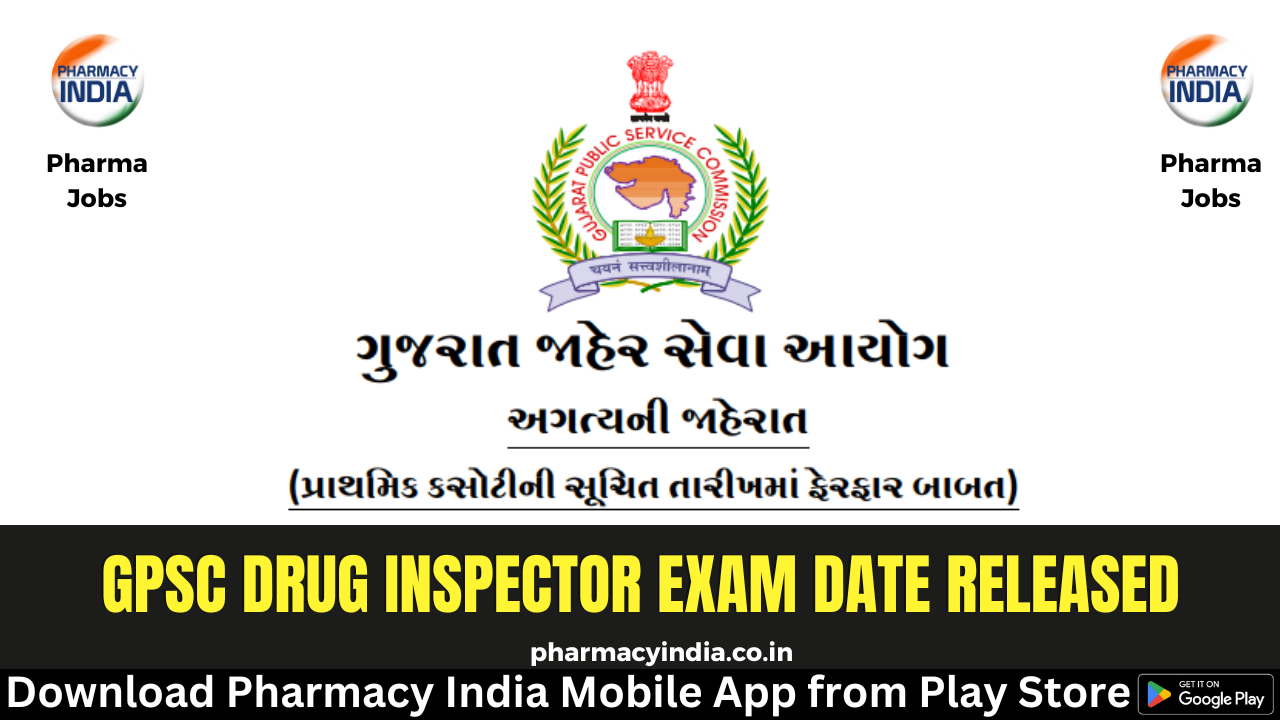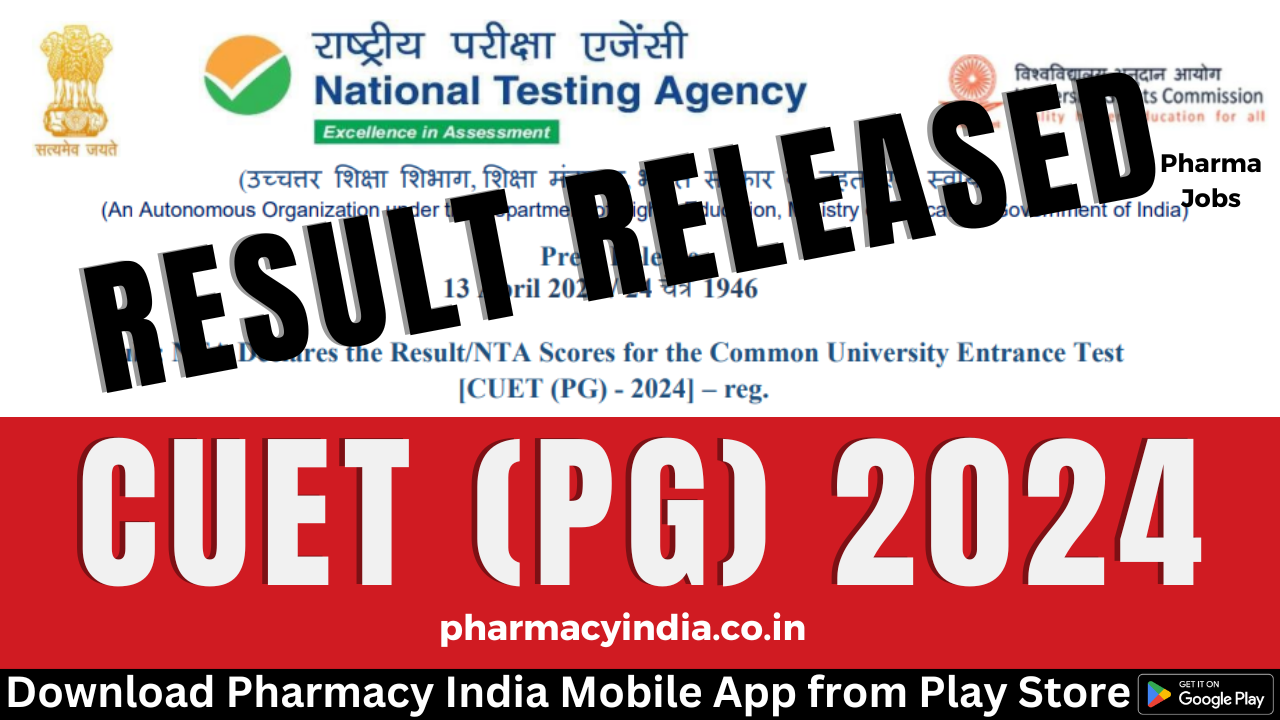According to the findings of a clinical experiment done by scientists at the National Institutes of Health (NIH), individuals with low-grade lymphomatoid granulomatosis who receive immunotherapy known as interferon alfa-2b can live for decades after being diagnosed. Epstein-Barr virus infection is the unusual precancerous illness known as lymphomatoid granulomatosis. If the condition is not treated, it can develop into a high-grade variant that has a worse prognosis and swiftly transform into an aggressive and deadly B-cell lymphoma.
Patients treated with interferon alfa-2b in the phase 2 trial lived for a median of almost 20 years, according to researchers at the National Cancer Institute (NCI), a division of the National Institutes of Health (NIH). On the other hand, individuals with lymphomatoid granulomatosis had a median survival of less than two years, according to earlier investigations. The results imply that immunotherapy can stop the development of low-grade disease into high-grade disease. The findings were released on March 31, 2023, in the journal Lancet Haematology. Christopher J. Melani, M.D., of the NCI’s Center for Cancer Research, who co-led the study, said, “We have shown in this rare disorder that using a novel immunotherapy-based approach for low-grade disease is effective and improves survival compared with historical treatments such as chemotherapy and corticosteroids.” The findings of this study, in my opinion, significantly advance our understanding of how to manage this rare condition.
Overproduction of B lymphocytes, a type of white blood cell, is a symptom of lymphomatoid granulomatosis. Individuals frequently develop lesions in their skin, liver, kidneys, lungs, and central nervous system. Cough, shortness of breath, fever, weight loss, and weariness are just a few symptoms. For those with high-grade disease, chemotherapy is currently the norm; however, there is no norm for low-grade disease.
Although lymphomatoid granulomatosis is uncommon, the consequences of high-grade disease can be crippling, according to Jeffrey Cohen, MD, the study’s co-leader and head of the Laboratory of Infectious Disorders at the National Institute of Allergy and Infectious Diseases. We require more effective treatments, such as interferon alfa-2b, to stop the disease from developing to this more severe stage.
Since the 1980s, NIH researchers have been researching lymphomatoid granulomatosis. Wyndham Wilson, M.D., Ph.D., also of the NCI’s Center for Cancer Research, proposed the hypothesis that low-grade disease results from a defective immune response to the Epstein-Barr virus and could thus be treated with immunotherapy, whereas high-grade disease requires chemotherapy to control unchecked cell growth. This theory was first put forth in the early 1990s. During a period of five years, he and his colleagues administered interferon alfa-2b to four patients with low-grade lymphomatoid granulomatosis, and in three of them, the therapy resulted in a complete remission, which meant that all symptoms of the illness had been cured. Due to the rarity of the condition and the difficulties in enrolling sufficient numbers of patients for the study, the phase 2 trial of interferon alfa-2b in lymphomatoid granulomatosis has taken 30 years to complete.
Dr. Wilson, who co-led the study, said that it “truly highlights the unique capabilities of NIH to perform a study like this that nobody else could do and no one else has ever done for this particular condition.” 37 patients with low-grade disease and 30 patients with high-grade disease, totaling 67 participants, were enrolled in the trial. In every case, the individuals had not yet received treatment for their illness, or the illness had not improved after earlier therapies or had come back. The majority of the patients with low-grade illness received interferon alfa-2b subcutaneous injections three times a week in increasing doses for roughly a year as part of their initial treatment. Six cycles of intravenous chemotherapy were administered to the majority of the patients with high-grade illness every three weeks.
In both groups, the condition got better, with the disease going away in 27 of 44 patients (61%) who had interferon alfa-2b treatment and 8 of 17 patients (47%) who received chemotherapy. Some individuals underwent crossover treatment, which is a different therapy, after their initial treatment. Chemotherapy was administered to patients with low-grade disease that became worse following immunotherapy, whereas interferon alfa-2b was administered to individuals with high-grade disease that returned after chemotherapy. Earlier research demonstrated that low-grade disease can reappear after high-grade disease is treated with chemotherapy. The disease disappeared in 4 of 8 patients (50%) treated with interferon alfa-2b after chemotherapy and 7 of 15 patients (47%) treated with chemotherapy after interferon alfa-2b, demonstrating the efficacy of the crossover therapies.
Patients treated initially with interferon alfa-2b had a median overall survival of 20.6 years, but patients who switched to receiving interferon alfa-2b had a median overall survival of 19.8 years. For patients who received chemotherapy as their initial treatment, the median overall survival was 12.1 years, but it was not attained for patients who switched to chemotherapy. Low white blood cell count was the most typical adverse reaction to interferon alfa-2b therapy, whereas infection and low white blood cell count were the most typical adverse reactions to chemotherapy. About a quarter of patients receiving interferon alfa-2b experienced serious adverse effects, as opposed to roughly two-thirds of patients receiving chemotherapy.
Several more recent immunotherapies, such nivolumab, may be used to treat low-grade lymphomatoid granulomatosis and other diseases linked to the Epstein-Barr virus and may have less adverse effects. Immunotherapy increases survival in patients with low-grade lymphomatoid granulomatosis, according to the interferon alfa-2b study, which was reported by Dr. Melani. We can now investigate additional innovative immunotherapies that are more tolerable to determine if they can boost the effectiveness of our existing therapy.
The National Cancer Institute and the National Institute of Allergy and Infectious Diseases supported the study through their intramural research programmes.
The National Cancer Institute (NCI) is in charge of NIH’s efforts to significantly lower the incidence of cancer and enhance the lives of those who already have the disease. Via grants and contracts, NCI supports a variety of extramural cancer research and training initiatives.
The US Department of Health and Human Services contains the National Institutes of Health (NIH), the country’s medical research organisation, as one of its 27 Institutes and Centers. The National Institutes of Health (NIH) is the main federal organisation performing and funding fundamental, clinical, and translational medical research. Its work focuses on finding the causes, prognoses, and therapies for both common and rare diseases.







